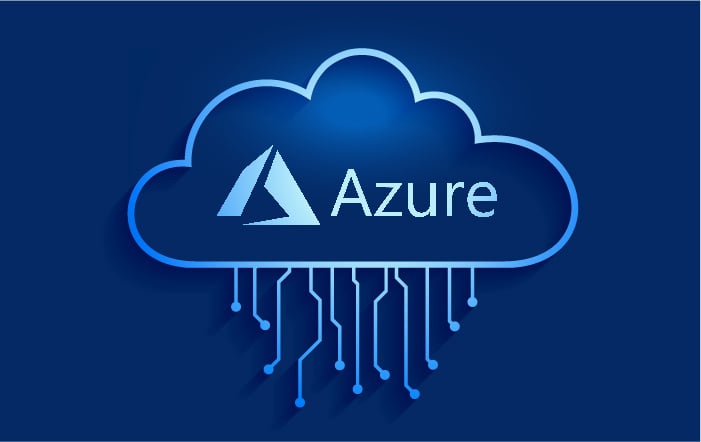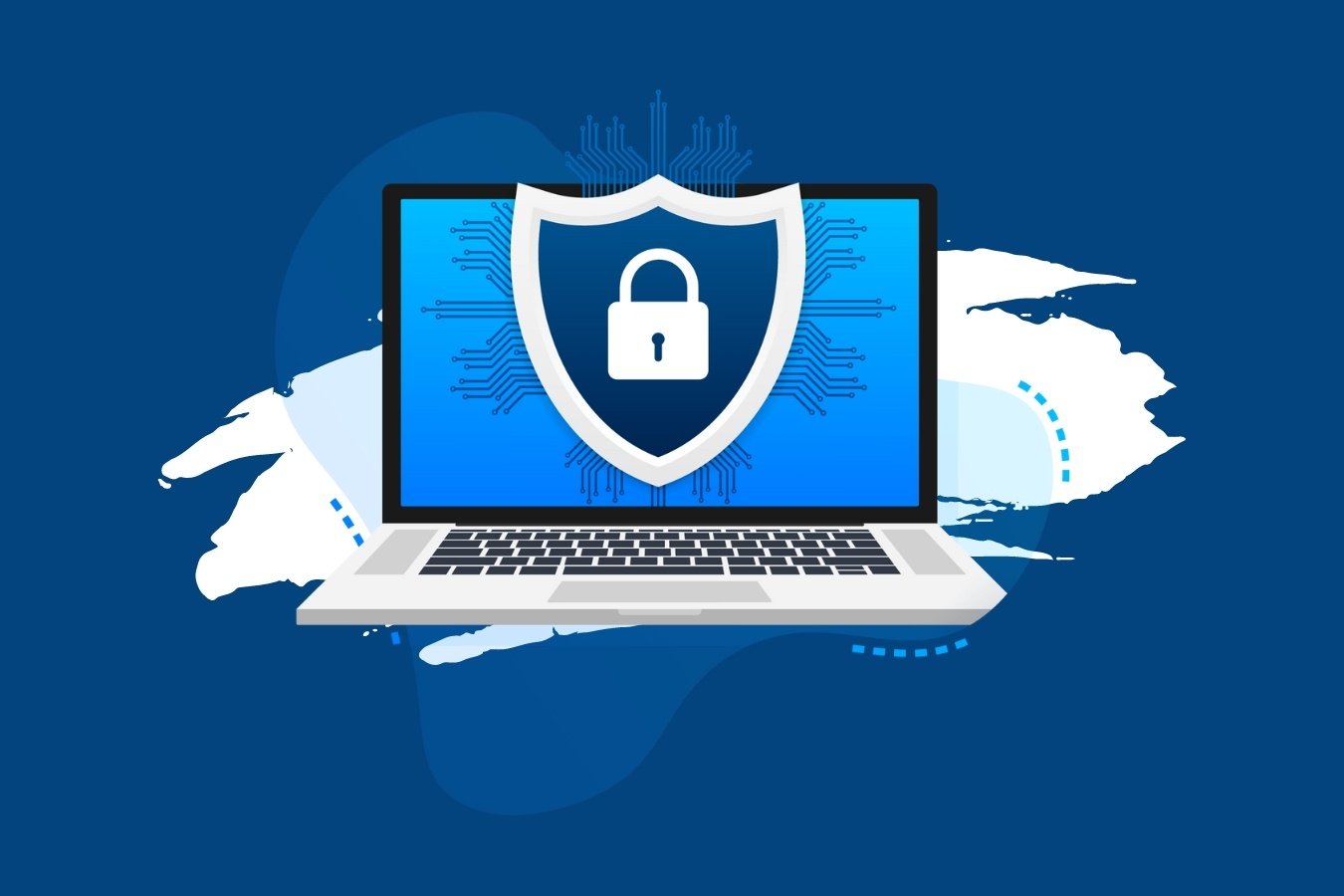3 min read
Scale Confidently with Microsoft Azure and Azure Kubernetes Service
Remember the good old days when software was deployed on physical servers and then tucked away in a cabinet or data center? More often than...
.png)
Cybersecurity is becoming a daily battle for businesses and customers alike. While Customers will run virus scans, avoid suspicious links and use strong passwords, they expect their personal data to be protected by who they choose to do business with. For businesses, cybercrime has become an undeniable threat; cyberattacks are noted as being the fastest growing crime in the US and the FBI reported a 300% increase due to the COVID-19 pandemic. As a remote workforce becomes more common, having guardrails in place to manage the increased risk is vital and yet research shows that on average, a mere 5% of companies’ folders are properly protected against attacks. This isn’t the only avenue at fault though, in fact studies show that 95% of security breaches are due to human error. This means that the majority of breaches could be avoided with the right training and practices put in motion.
These days, businesses have an abundance of security options at their fingertips. While the past decade has shown an increasing trend towards cloud services (a shared responsibility between business and cloud provider), on-premise options are still a popular choice for many organizations as it allows them to retain complete responsibility and control. Neither solution is worse nor better than the other, as both have their own pros and cons that are to be considered when deciding what is right for your business. So, what are the main differences between the two?
On-premise means that the company is responsible for configuring and maintaining all policies, firewalls, security patches, etc. This degree of control can be inviting, but it’s not without its limitations. With an on-premise set up, there is a substantial capital expenditure in both the hardware and software alone, and then you have to add in the wage of a staff member to manage it all. The cost doesn’t end there though; to ensure the best possible conditions for your investment you’ll have to invest in a cooling system, which will run 24/7 365 days a year, and ensure that there is a suitable back-up solution in place in the event of an electrical failure. This means you’re looking beyond just an upfront cost, and at a recurring monthly increase in utilities too. Should your needs grow sufficiently, you may need to invest further and upgrade the hardware to match the growth. And of course, nothing lasts forever – hardware will inevitably need to be replaced too.
Put simply, cloud security is an operational expense; you pay a monthly fee with the cost determined by your need. If your demand increases, your data automatically utilizes additional cloud servers. And if the demand were to decrease, the server use would shrink, as would the cost. This is why the cost aspect alone can be the deciding factor for businesses; there’s never a worry of a surprise cost looming in the event of a failure and any maintenance costs are taken care of by the cloud security company.
Regardless of whether you’re using on-premise or cloud security, meeting compliance requirements can be a complex and lengthy process. On-premise servers tend to be a little more straightforward due to defined perimeters, whereas utilizing cloud-based security requires implementing new solutions as the way systems and data are accessed differ when offsite. However, many cloud providers are compliance ready and have regular audits carried out to ensure that regulatory compliance requirements are being met, along with industry guidelines and local, national and international laws.
Due to Sonar being a cloud native company, our customers avoid having to pay an upfront cost for expensive hardware and costly servers, which can cost upwards of tens of thousands of dollars annually. As mentioned earlier, cloud services are an operational cost, meaning that there is no need to factor in additional hardware costs to account for scalability. Our team of cybersecurity engineers ensure that our customer’s data is safe with multiple layers of security and extensive protocols.
Our cloud service platforms adhere to the strictest physical security measures and meet a broad set of international and industry-specific compliance standards, such as the General Data Protection Regulation (GDPR), ISO 27001, HIPAA, FedRAMP, SOC 1 and SOC 2. Sonar Software is CyberSecure Canada certified, which involves compliance of 52 unique controls and 13 key critical areas of cybersecurity. All Sonar employees have to complete and clear an extensive background check including criminal clearance and receive mandatory security training with a DevOps Security Engineer; this training is completed annually to ensure all employees remain compliant. We carry out third-party penetration testing to ensure that any vulnerabilities are identified in advance of those with ill intent. To best avoid data theft, we only receive encrypted data from our clients and utilize tokenization to ensure this information is not breached even if the data were intercepted. We are committed to the highest level of security standards and will prioritize our efforts based on the needs of our clients.
As an Internet Service Provider, it’s imperative that you are vigilant in protecting your customer’s data from security vulnerabilities. These steps can be as simple as ensuring staff are not writing down any customer information and following a verification process for each customer call. However, when it comes to cybersecurity, the steps needed are a little more in depth. Each network device should be frequently monitored to ensure that security patches are up-to-date and that there has been no unauthorized access. Access to these devices should be limited to a pool of employees who’ve undergone extensive training in cybersecurity and passwords should be cycled out at a maximum of 90 days. As we covered at the beginning, 95% of breaches are due to human error and lack of awareness, so the easiest place to start is training staff in cybersecurity best practices.

3 min read
Remember the good old days when software was deployed on physical servers and then tucked away in a cabinet or data center? More often than...

3 min read
Cybercrime has vastly changed in the last 20 years, and the way we protect ourselves has had to change too. These days, hackers are using...

1 min read
In the intricate world of cybersecurity your employees are both your greatest asset and your most vulnerable point of entry. While firewalls,...